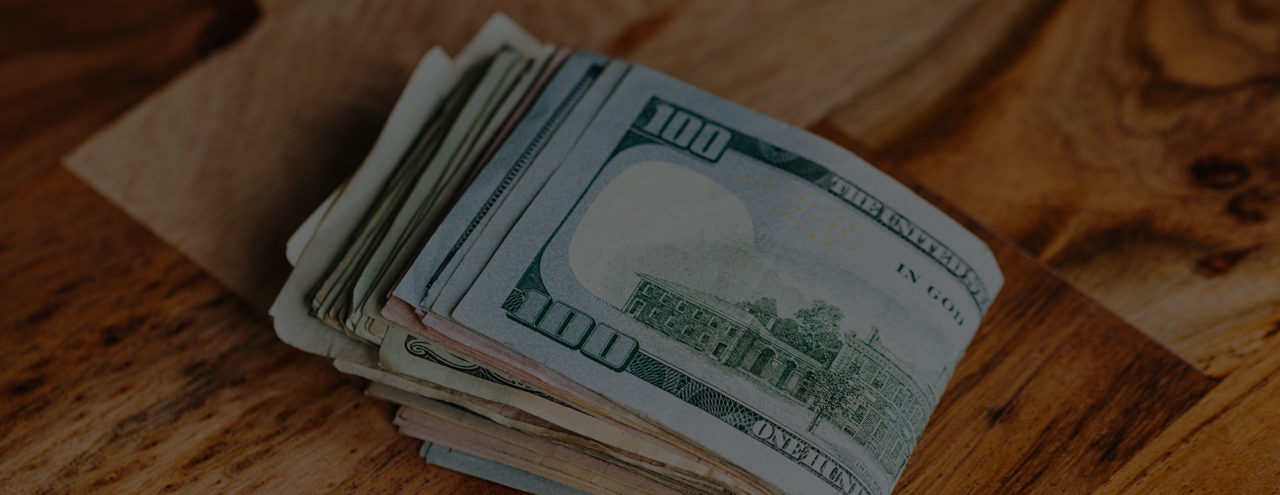Part 2 | Behind the Book: The History Behind WagerEasy

(continued from previous blog, Part 1)
A deal making frenzy broke out.
In July, 2018, the NBA entered into a sponsorship deal granting MGM Resorts the right to use league logos and data. In October, 2018, the NHL inked a deal making MGM the league’s official sports betting partner. In late November, 2018, major league baseball announced a similar deal with MGM. Other deals have been forged by individual teams. The New Jersey Devils arena, the Prudential Center, is now home to the “William Hill Sports Lounge.” Some owners talk about placing a sports book in the team’s arena.
While euro companies sought to catch up and grab their piece of this new market, what would the illegal bookies do? Would the time honored illegal bookmaker crawl back into the shadows and play gin rummy or fight to keep his place?

Many smaller illegal bookies had an offshore website to take action, but at times collected and paid in cash. Some held cash in a secret compartment in their car or carried cash in paper bags around the city.
Many articles were written in 2018 speculating upon the fate of the black market bookies. Would their customers leave so they could play in a regulated, safe market or would they stay to avoid taxes? What other factors might be in play?
Fast forward to November, 2020.
The legal sports betting industry marvels at how fast sports betting has been incorporated into sports media. The odds are sometimes shown during a sporting event on T.V. Many states have an urgency to adopt sports betting (now in 25 states and the District of Columbia).

In states that have not yet passed sports betting, companies provide “free to play” options so the customer can become attuned to the action and their internet betting platforms. During the Covid-19 lockdown in the spring of 2019, starved bettors made bets on eastern European ping pong games.
Some professional gamblers choose to play in states with the most competition. They look for a large number of prop bets (also known as in-play) during a game and find it in states where more apps are available such as New Jersey. In Colorado, seventeen operators provide customers with plenty of options.
